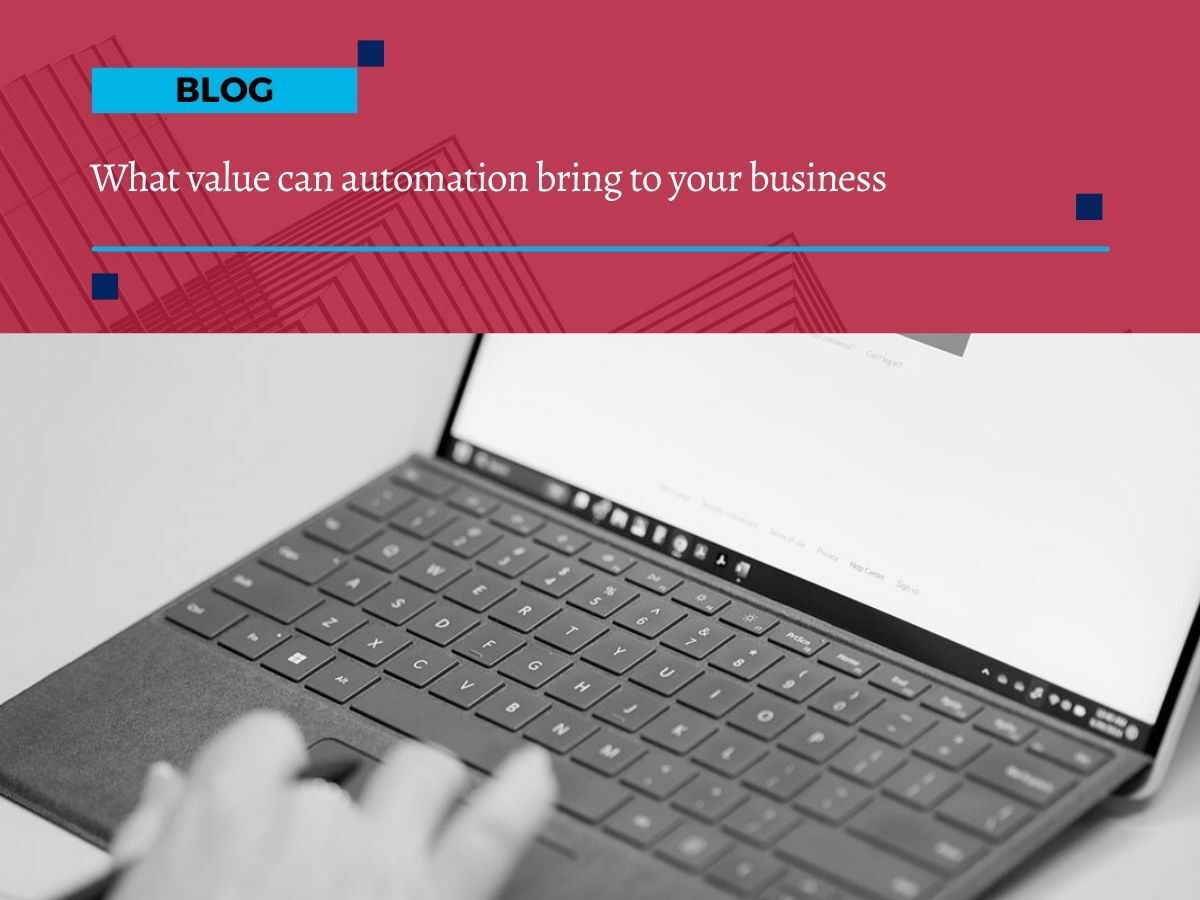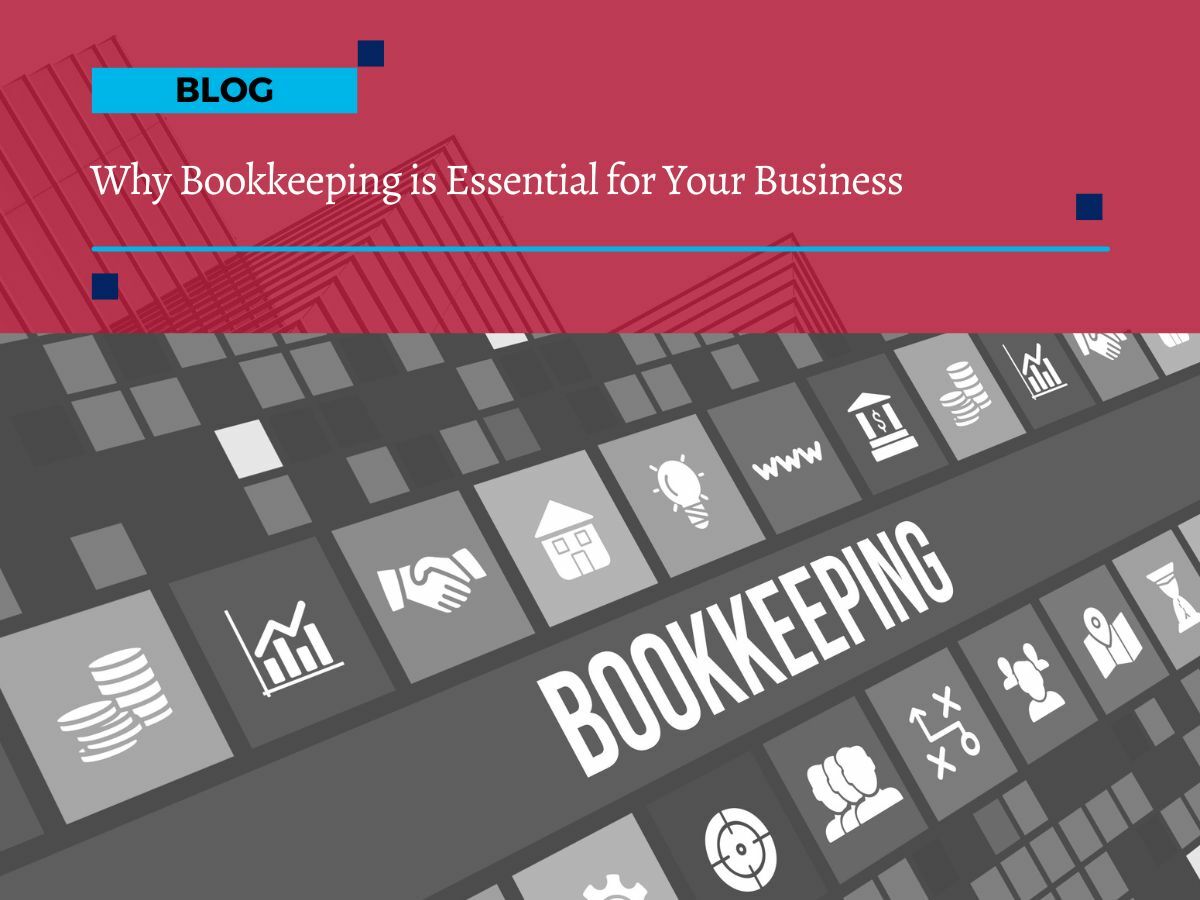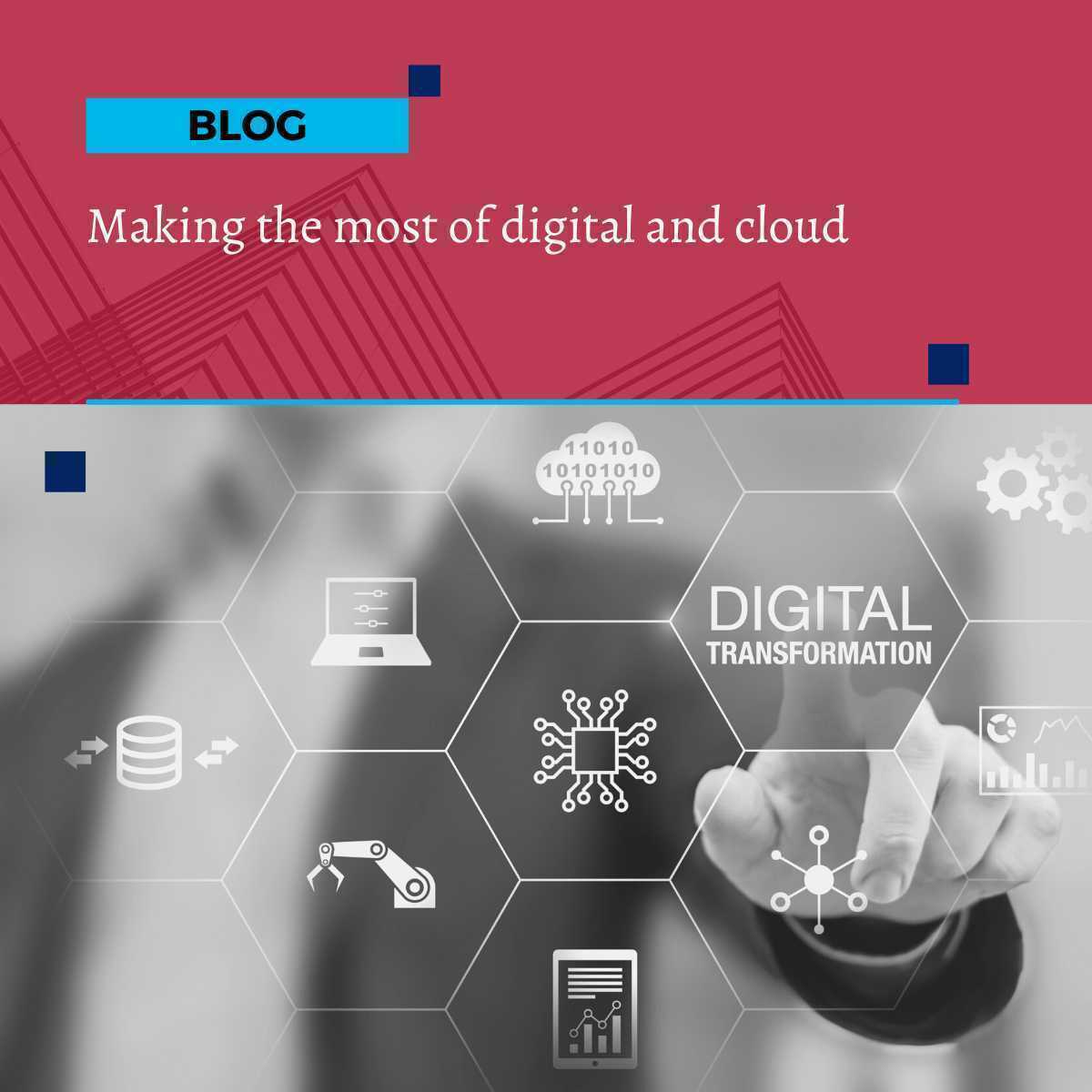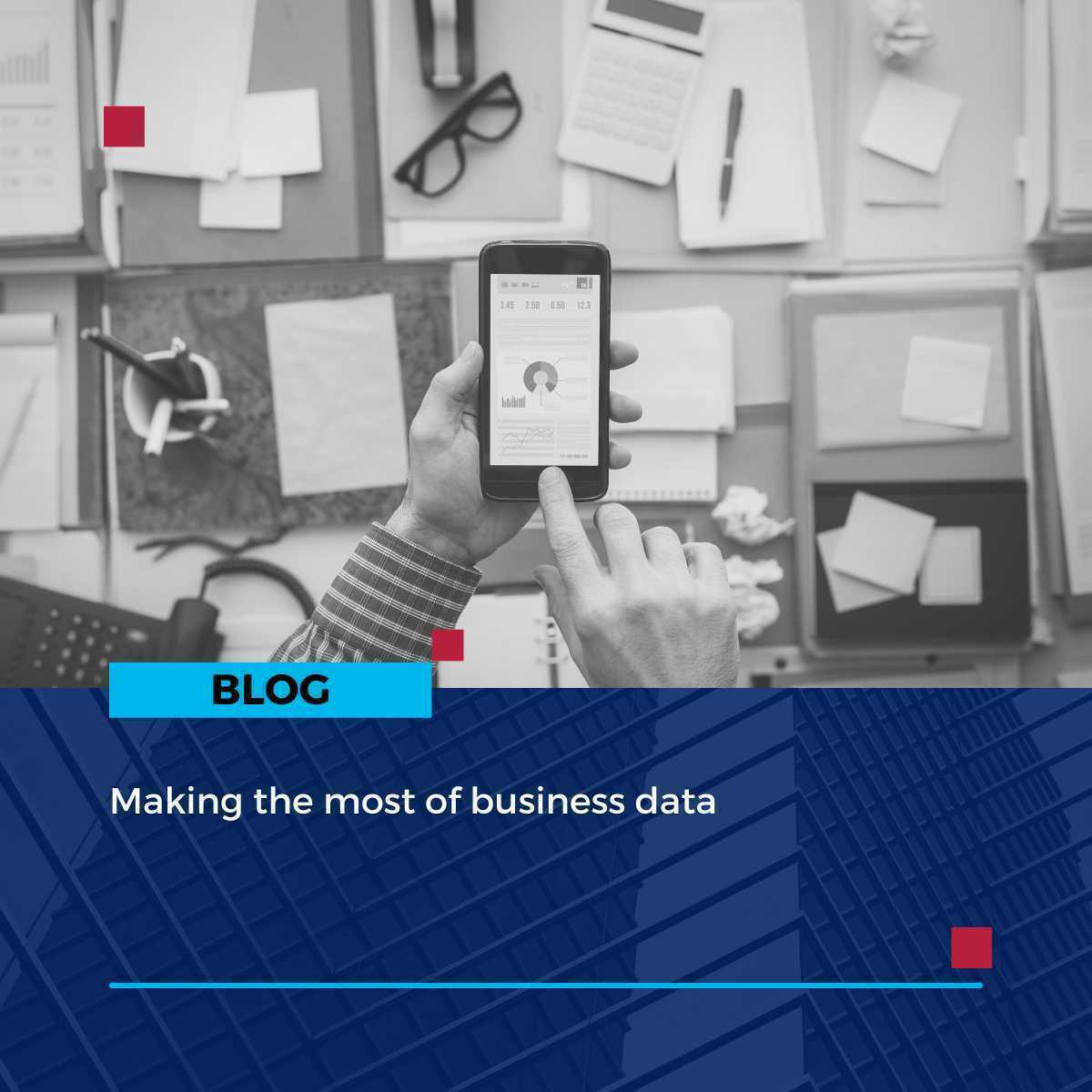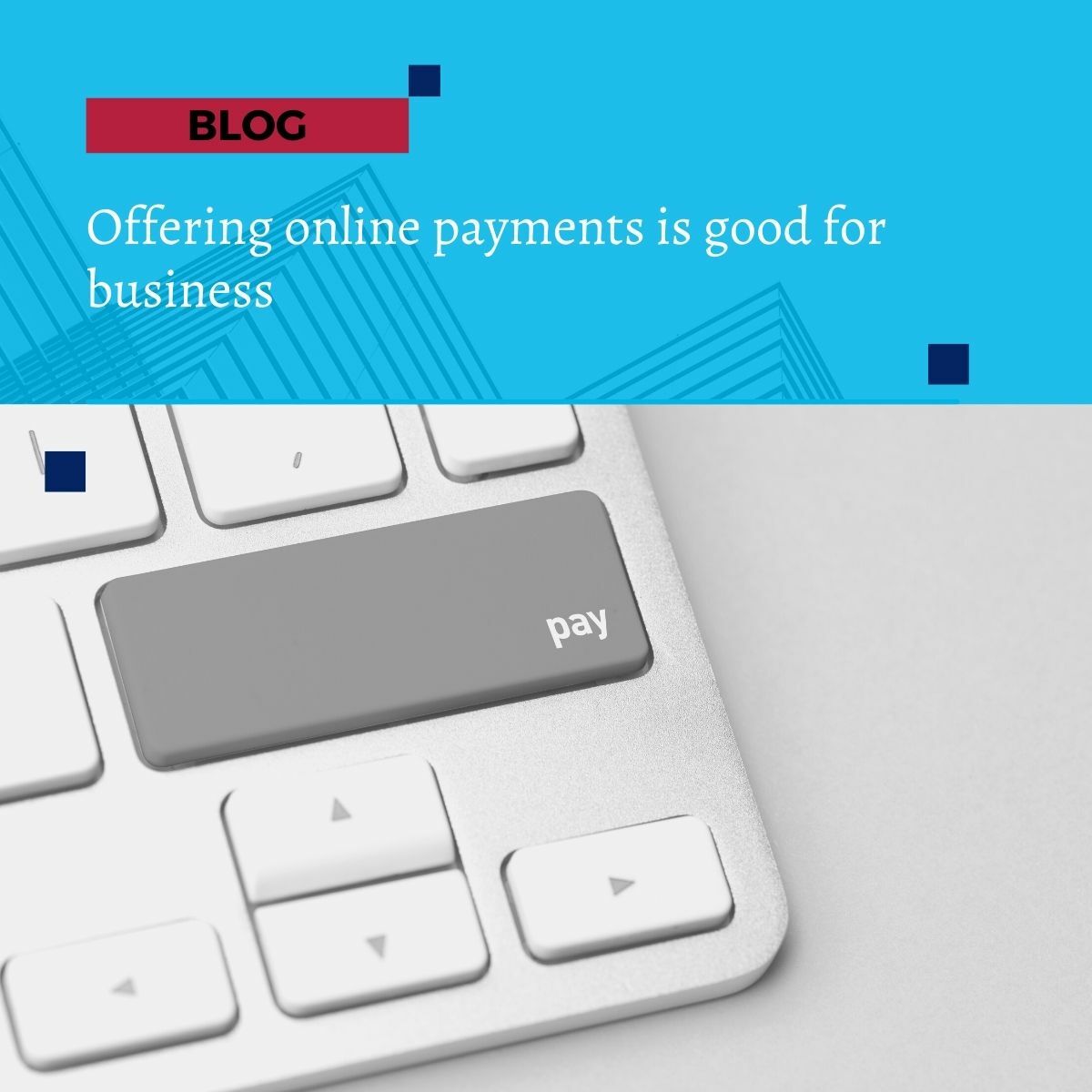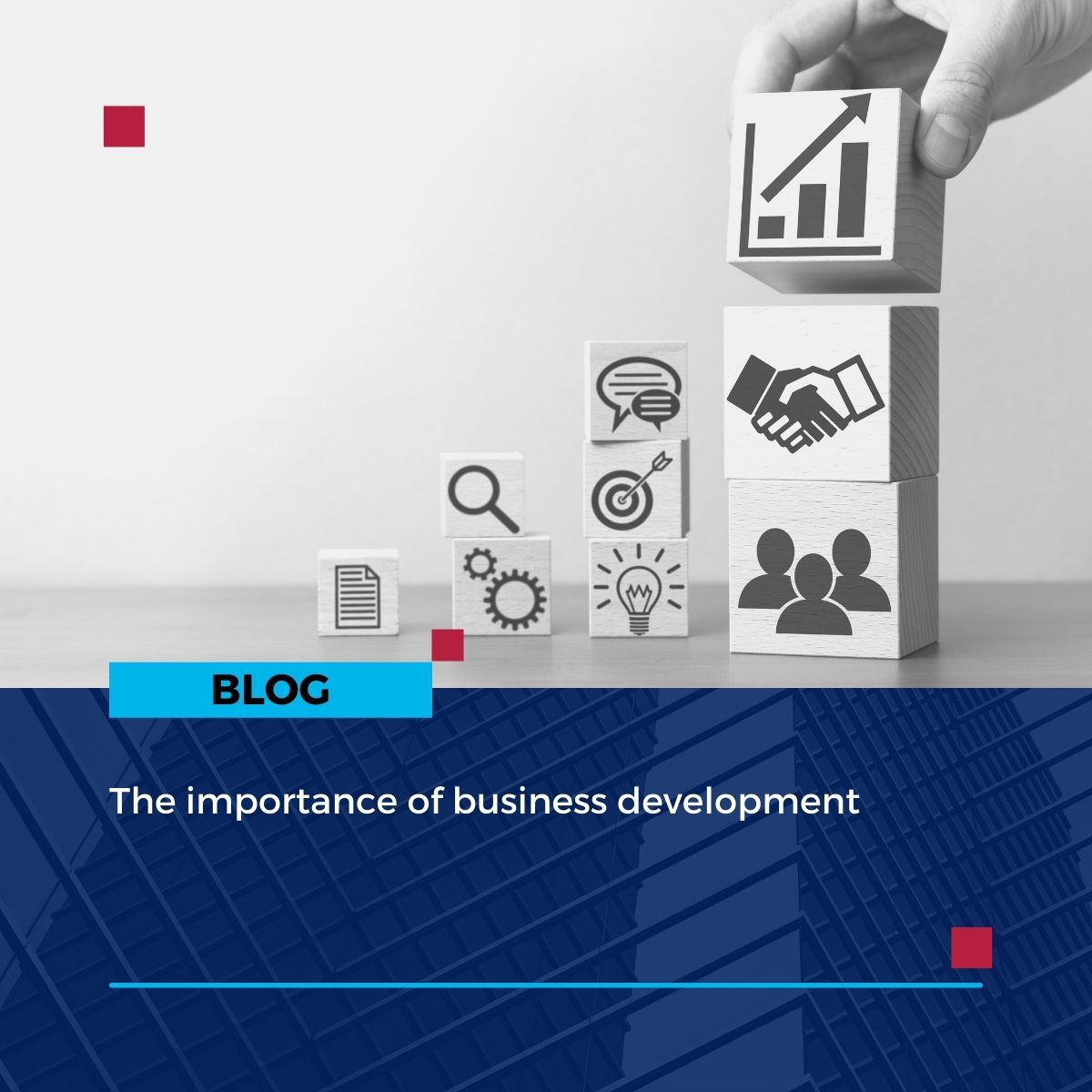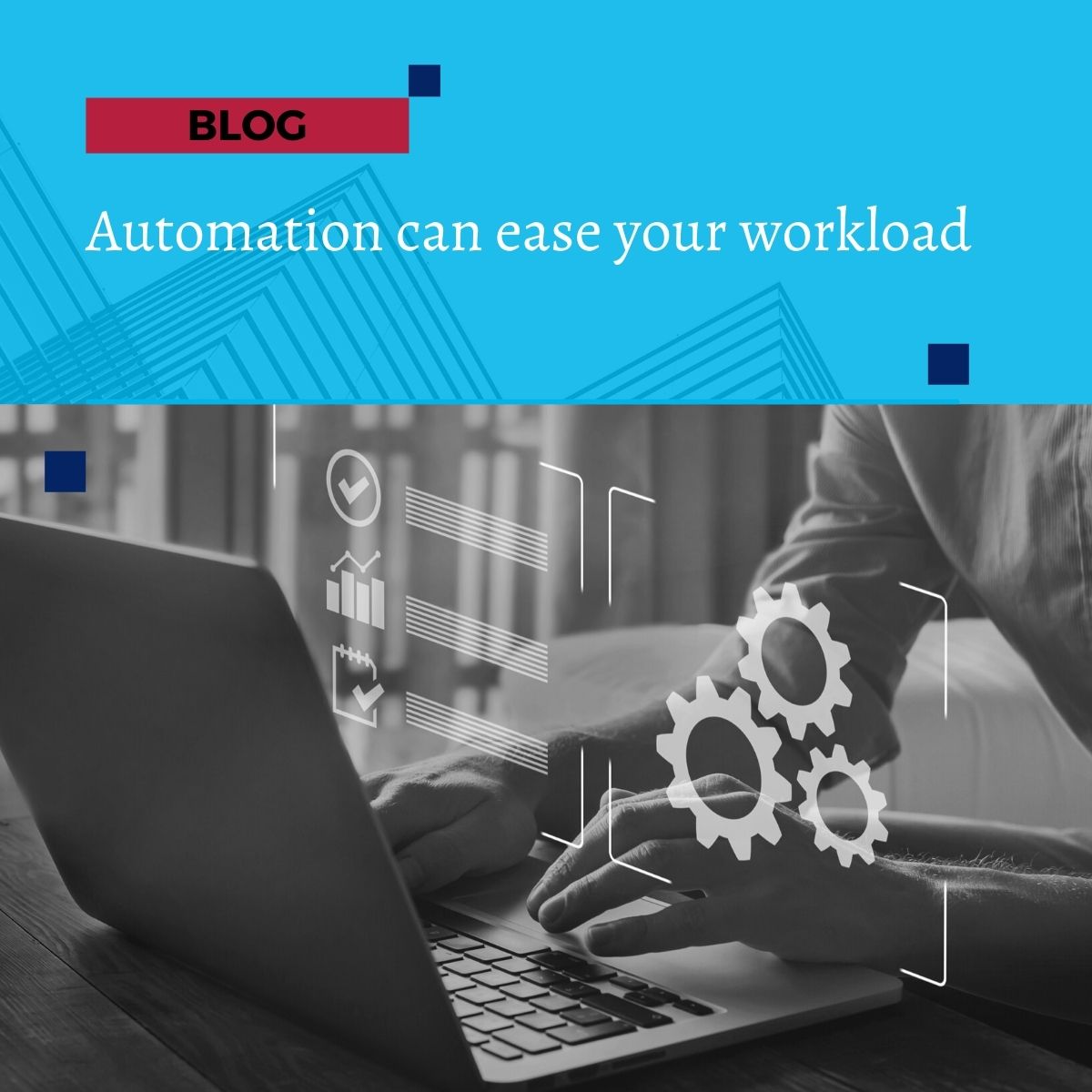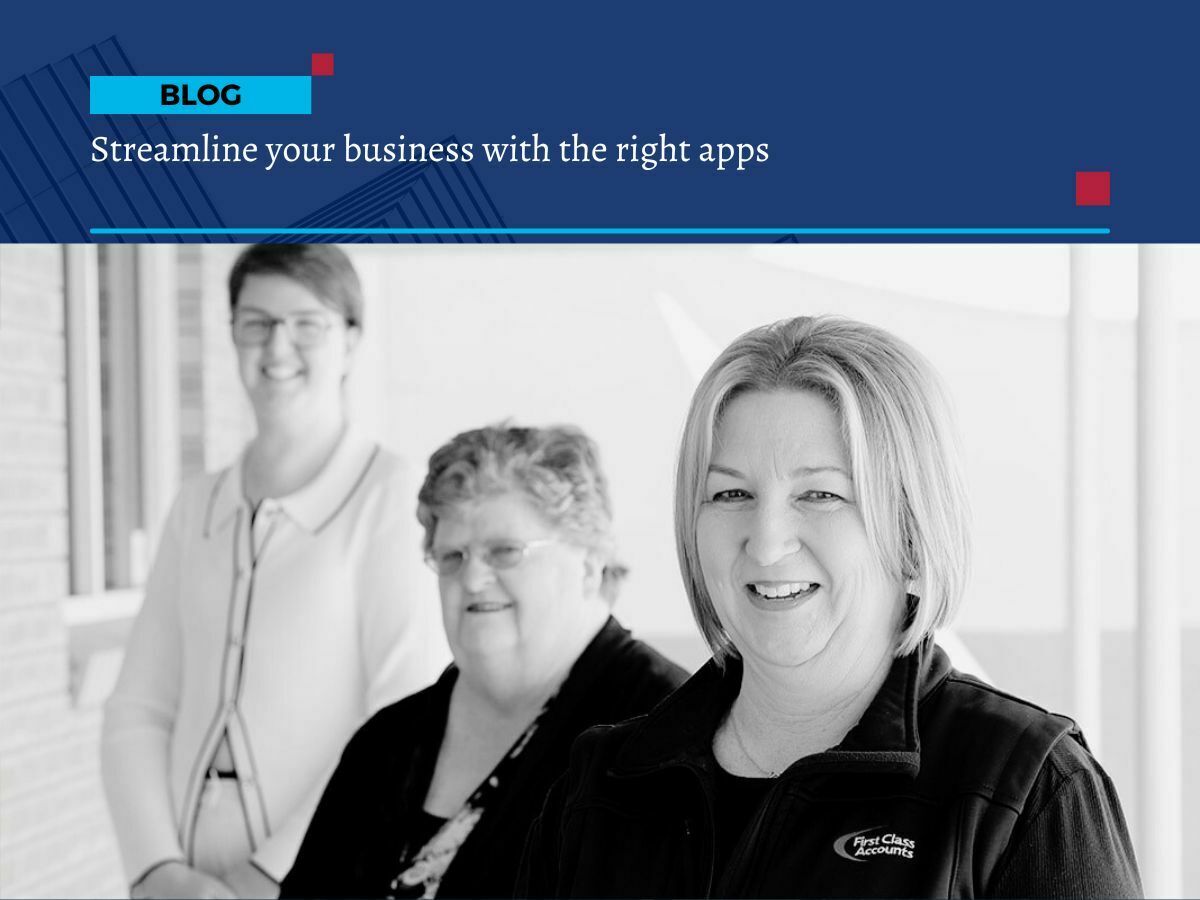
There’s an app for that!
Streamline Your Business with the Right Apps
Still bogged down by admin? Spending too much time on manual processes or jumping between systems that don’t talk to each other?
The right business apps can do more than just save time – they can improve accuracy, simplify operations, and help you make informed decisions with confidence.
But with so many options out there, it’s hard to know which ones are right for your business. That’s where we come in. At First Class Accounts Ovens & Murray, our business app advisory Albury Wodonga service is here to help streamline your systems, reduce admin, and free up your time.
Choosing the Right Tools – Without the Overwhelm
At First Class Accounts Ovens & Murray, we specialise in understanding the different options of business apps for different industries and business types. Whether you’re in trades, professional services, retail, or something else entirely – we’ll help you choose the right tools for your needs.
We don’t just recommend an app and send you on your way. Our business app advisory service is designed to help you choose the right apps, set them up properly, and make sure they’re working seamlessly with your bookkeeping or payroll systems.
A Few of Our Go-To Apps
Here are just some of the tools we support and implement for clients across Albury Wodonga:
Xero
A cloud accounting platform that gives you real-time access to your financials. As a Xero Gold Champion Partner, we have the expertise to help you set up, customise, and connect Xero to other apps you’re already using (or should be using). You'll get better visibility over your numbers and a smoother, more efficient workflow.
Dext Prepare
Automates data entry for invoices and receipts, pushing information straight into Xero. No more chasing paperwork or typing up bills – Dext takes care of it.
ServiceM8
Perfect for tradies and service businesses. Manage jobs, quotes, scheduling, invoicing, and payments from your phone. We’ll help you integrate it with your bookkeeping so nothing gets missed.
Deputy
Handles staff rostering, time tracking, and award interpretation. When connected to your payroll system, it can save hours in admin and reduce errors with leave, hours worked, and pay rates.
Other Business Apps
We specialise in understanding the different options of business apps for different industries and businesses. And we can provide you with insights and guidance on what apps would best suit your business.
This is where we really shine. At First Class Accounts Ovens & Murray, we go beyond suggesting tools. We assess your business needs, set up the right apps, integrate them with your accounting software (like Xero), and can train your team on how to use them. We make sure your apps actually work to reduce mistakes, save time, and deliver better data.
Whether you need help with inventory, job costing, project tracking, time sheeting, payroll or scheduling – we can help you get the systems in place.
Make Your Tech Work Smarter
The right app setup can make a massive difference – not just in productivity, but in how confidently you manage your business. If you're not sure where to start or feel like your current systems aren't cutting it, get in touch.
We’re here to help you find the best app combinations to support your cash flow, payroll, and everyday operations – and make sure everything works together seamlessly.
If you're looking for business app advisory in Albury Wodonga that actually makes a difference, get in touch with our team today.

